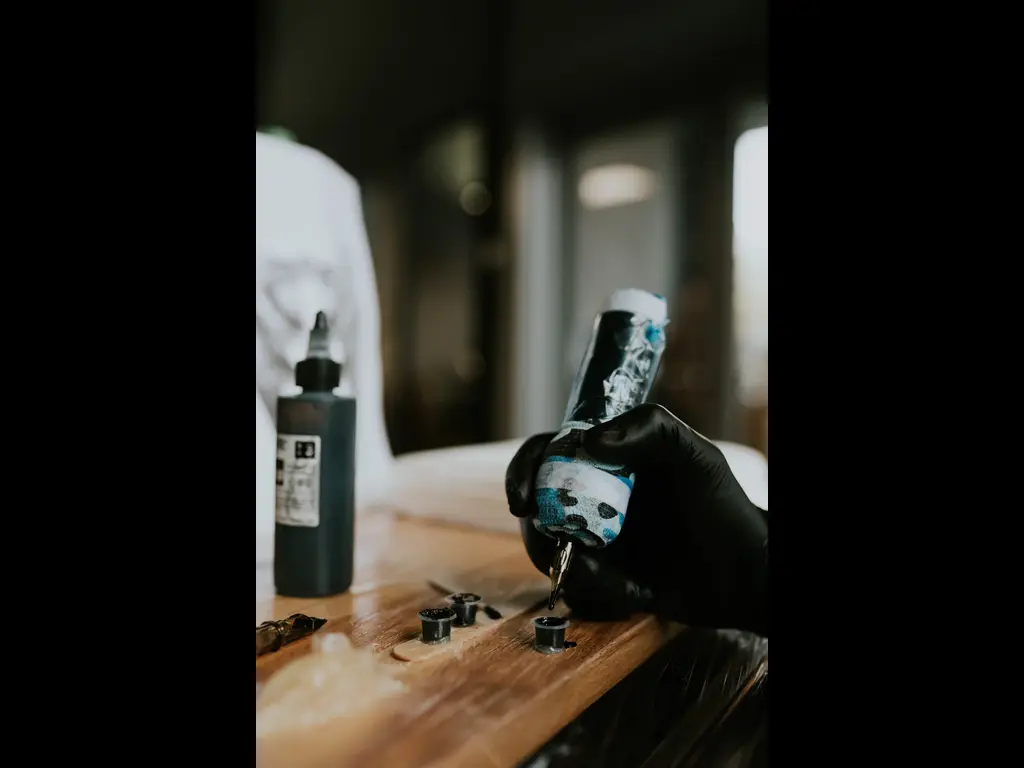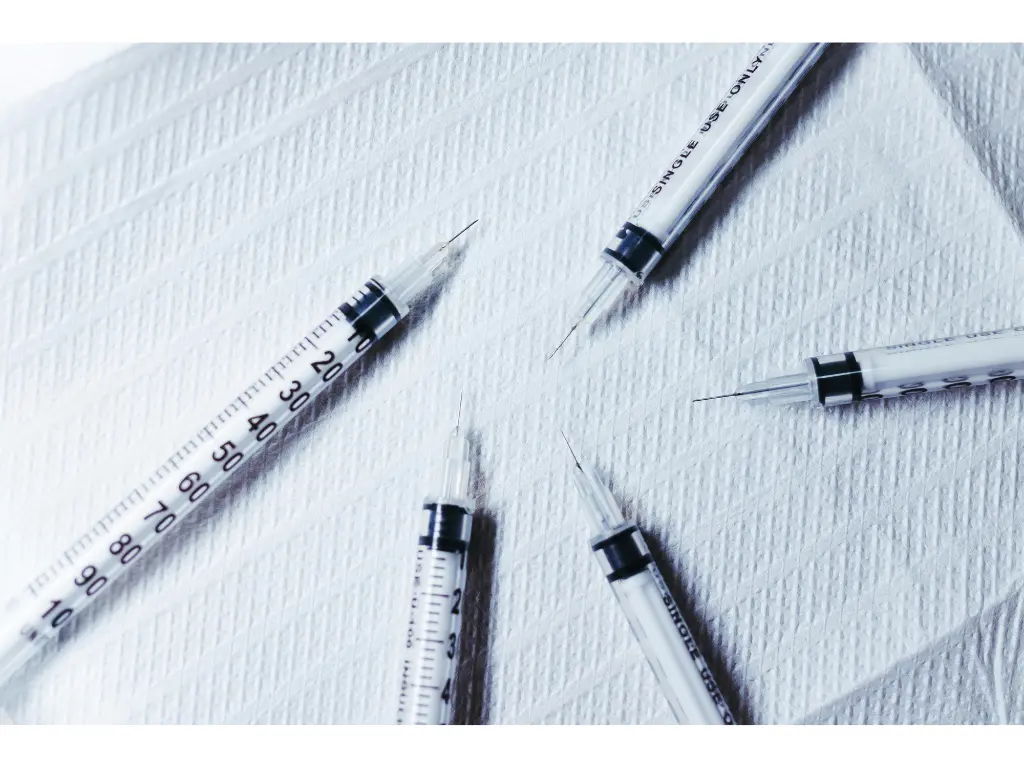- Home
- GPC Chile
Chile - Home
Login
Forget Password
Chile became the first country in Latin America to impose a national chemical regulation in February 2021. Chile’s Ministry of Health released Decree 57 and its implementing Resolution 777/2021, Regulation on Classification, Labeling, and Notification of Hazardous Chemicals and Mixtures on February 9, 2021, which formally implements GHS labelling for chemical products.
The new legislation targets chemical substances and hazardous mixtures, of MINSAL-MMA. It considers the development of a system for the notification of substances and their prioritization to implement risk assessment to a selection of them, subsequent to their manufacture and/or importation. Notifiers are requested to provide information on chemicals when dealing with 1 ton per year or above via the environmental authority portal. The notification is made on a biennial basis concerning the import or produced quantity every two years with the deadline on August 30th. On December 2024 it is predicted the Authority will publish the chemical inventory and the second notification deadline will be on the 30th of August 2026.
Decree 57 also outlines the compulsory compliance of GHS in the country, a standard until then has been voluntary.
News

Chile Announces New Sanitary Controls for Tattoo Inks After Government Review
Dec-04-2025
Chile’s Institute of Public Health (ISP) has introduced a new sanitary control regime for tattoo inks, marking the first time the country formally categorises how these products should be regulated. The decision was published in a newly issued Resolución Exenta E 6717/25.
Tattoo Inks Not Classified as Pharmaceuticals or Cosmetics
According to the ISP, tattoo inks, including permanent or temporary pigments inserted into the dermis, do not fall under the regulatory categories of pharmaceuticals, cosmetics or medical devices. This conclusion is based on their mechanism of action and intended purpose, which is predominantly aesthetic, though occasionally linked to reconstructive or medical uses. Despite not being classified as medical or cosmetic products, the inks must still comply with stringent colourant requirements established for pharmaceutical products in Chile. Only dyes listed on the official “Nómina de colorantes permitidos en productos farmacéuticos” may be used.
Strict Requirements for Safety, Quality and Distribution
Under the new resolution, tattoo inks must comply with all regulatory expectations applied to authorised pharmaceutical colourants, such as:
- Safety and quality standards
- Requirements for legal entry into the country
- Distribution controls
- Ongoing supervision and inspection by the health authority
The ISP also clarified that the decision applies not only to inks currently on the market but also to any substances that may be introduced in the future and that share the same characteristics and intended use.
Ban on Misleading Health Claims
The resolution reiterates existing prohibitions under Chile’s Sanitary Code on misleading advertising. Any form of promotion suggesting unauthorised health benefits or medical value for tattoo inks will be prohibited. Authorities warn that such claims could mislead the public or pose a risk to collective health.
Next Steps
The resolution orders that the new classification be published in the Official Gazette and on the ISP’s website. As of its signing on 6 October 2025, the new regime is now fully in effect.

Chile Updates Technical Standards for Hypodermic Needles and Syringes
Oct-29-2025
Chile’s Ministry of Health has announced updated regulations to strengthen quality and safety controls on hypodermic needles and syringes, bringing the country’s standards in line with international medical devices standards. According to the decree published on the 9 October 2025 in the Diario Oficial, all sterile, single-use needles and syringes sold or used in Chile must comply with the updated national technical standards, NCh2503:2021 for needles and NCh2504/1:2021 for syringes. The decree formally repeals the previous 2007 regulation (Decree 1.887 Exento) governing hypodermic devices, which is considered outdated and no longer reflect current scientific and technological developments.
New Certification Rules
The decree mandates that all products in these categories be certified by authorised bodies recognised by the Instituto de Salud Pública (ISP) before they can be manufactured, imported, or marketed in Chile. Any modification to a product’s design, materials, or intended use must also be reported to the ISP, which will determine whether new verification process is needed.
12-Month Transition Period
The new standards will come into force 12 months after publication, in October 2026. Until then, existing products certified under the previous 2007 decree may continue to be sold, though any new certifications must comply with the revised standards. Officials confirmed that oversight and enforcement will be carried out by the ISP and regional health authorities, with inspections focused on ensuring compliance with the updated norms.
For further details, you can consult the Regulation here (in Spanish)
Login
Forget Password
Global Product Compliance (GPC) specializes in Global Regulatory Compliance Solutions across sectors
globally. SSS Europe, a familiar name in chemical regulatory and compliance services now formally belongs
under the umbrella of GPC Holding Sweden.
Since 2008, we have emerged as one of the leading names among Global Regulatory Compliance Service
Providers with Representation services in Europe, Asia and Middle East for respective chemical
regulations.

 Twitter
Twitter
